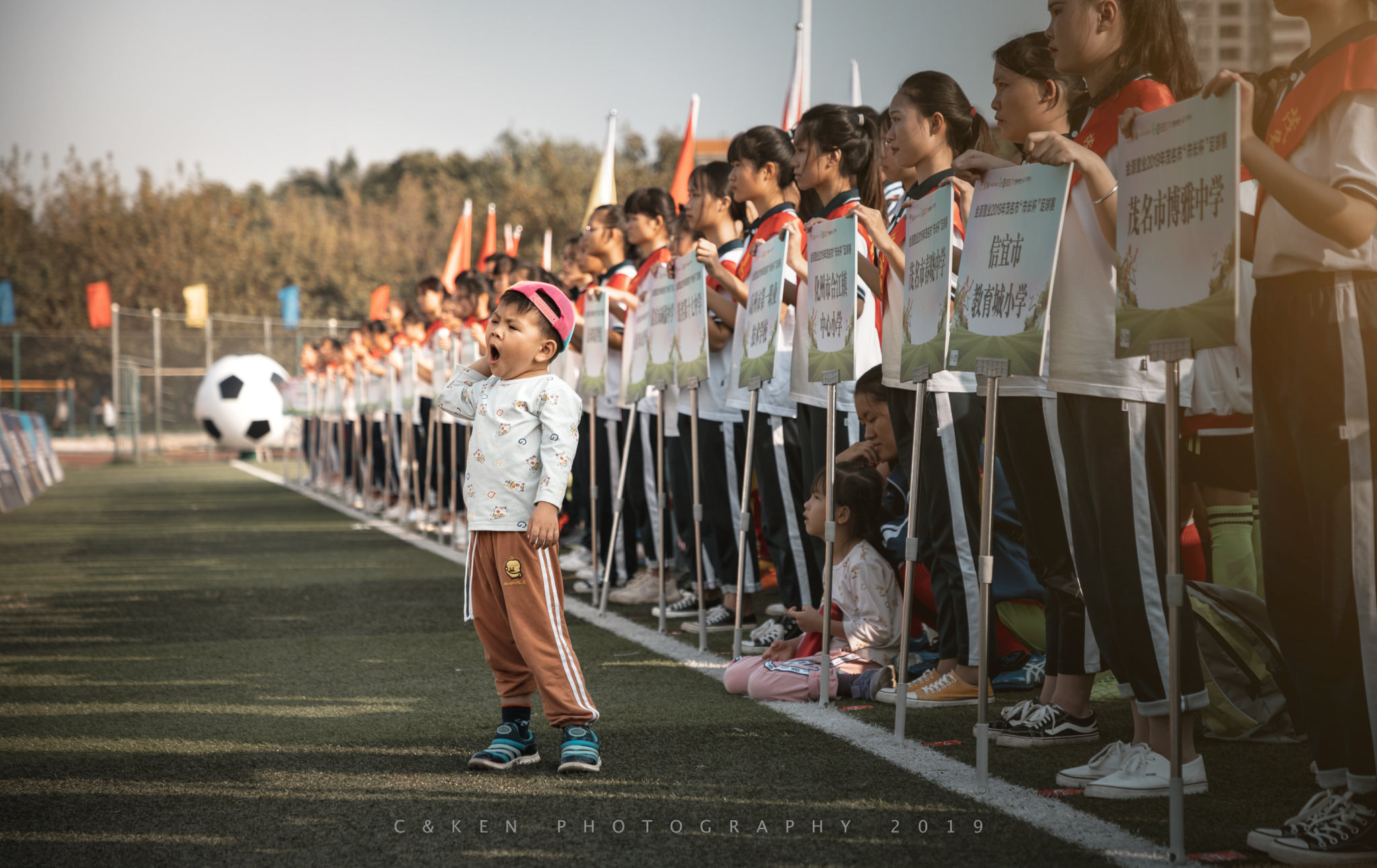The Critical Role of Patient Education in Chronic Pain Recovery
페이지 정보
작성자 Koby 댓글 0건 조회 3회 작성일 25-09-24 12:41본문

Recovering from long-term pain requires more than just medical interventions
Teaching patients about their condition can be the most transformative step in their journey
Learning how thoughts, movement, and routines affect pain shifts patients from observers to active agents in their healing
This transition—from receiving care to collaborating in care—dramatically improves long-term outcomes
Pain can persist long after healing, due to heightened sensitivity in the brain and nerves
Being told pain isn’t "real" because it lacks visible cause can deepen emotional distress
It clarifies that pain is real, but modifiable—affected by stress, sleep, diet, movement, and mindset
Understanding this model helps patients see pain as a multidimensional experience, not a simple injury
Education empowers people to identify personal triggers and abandon unhelpful habits like excessive rest or 小倉南区 整体 fear-based avoidance
Techniques like breathwork, graded exposure, and stimulus control gain legitimacy as core interventions
Knowing that progress is nonlinear helps patients stay committed despite setbacks
Reduced fear leads to increased mobility, reduced disability, and improved quality of life
Healthcare providers must deliver information with clarity, empathy, and consistency
Access to trusted resources, peer support groups, and ongoing follow-up reinforces learning and accountability
Patients who feel understood and respected are far more likely to adhere to their recovery plan
It doesn’t erase pain—but it gives people the insight and strength to reclaim their lives
댓글목록
등록된 댓글이 없습니다.





 전체상품검색
전체상품검색




